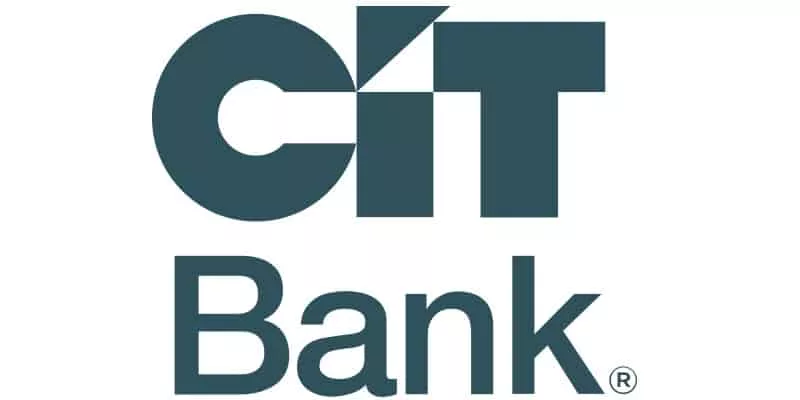A car is one of the biggest purchases you’ll make. It’s important to understand exactly what a car loan is and how much you’re paying.
What is a car loan?
A car loan is when you borrow money from a bank or lender to buy a car. You agree to pay back the funds over a set period of time, plus any fees and interest you accrue.
6 car loan terms to know
1. Interest rate.
The interest rate on a car loan is the amount that will be charged for borrowing money to buy a vehicle. It's usually expressed in terms of annual percentage rate (APR), which is calculated by multiplying the interest rate by the number of periods in a year in which it was applied.
The APR is one of the most important things to consider when choosing a car loan. This is because it tells you how much you'll pay each month for the life of the loan. The higher the APR, the more you’ll owe in return for the loan.
2. Loan terms
The term you choose will depend on your personal situation. If you plan to keep the vehicle for a few years, then you might want to take out a longer term loan. However, if you plan to sell the vehicle within a short period of time, then you might want a shorter term loan. Keep in mind that the longer your loan term, the more you’re likely to pay in interest.
3. Down payment
A down payment is the money you put upfront toward the cost of the car. It helps to lower the overall amount you need to finance — which can mean lower monthly payments. The down payment can be cash, the value of a vehicle trade-in or both.
4. Monthly payment
The monthly payment made up of principal, interest and other fees, if applicable and comprises the amount you owe each month.
5. Principal
Principal is the money you originally agreed to pay back, minus fees, penalties, interest and other costs. Generally, any payment made on a car loan will be applied first to any fees that are due.
6. Total cost
The total costs includes the amount financed, any fees and interest, and other charges.
How long are car loans
The length of a car loan is referred to as its term. The most common car loan terms are:
- 36 months (three years)
- 48 months (four years)
- 60 months (five years)
- 72 months (six years)
- 84 months (seven years)
The most common car loan length is currently 72 months which is higher than in previous decades. In fact, over 73% of new car loans in the first quarter of 2022 were longer than 60 months — an increase of about 33 percentage points since 2010 according to Edmunds.
If your lender doesn’t charge prepayment penalties, it’s to your advantage to pay it off early. Whenever you’re able, pay a little extra on your monthly payment. Doing so can reduce your balance faster and give interest less time to build up.
Higher car payments vs. lower payments
Lower monthly car payments sound appealing, but that lower payment likely means you’re paying more for your car over the life of the loan.
Let's look at an example when financing a $20,000 car at a 3.75% APR:
[spbtbl_sc id=2]
As you can see from the above payment comparison, one of the most important things to understand about how auto loans work is the relationship between the loan term and the interest you pay.
A longer loan term will drastically increase the amount of interest you'll pay. Plus, the extra years spent making payments on longer term loans means it also takes longer to build equity in the car.
Where To Get A Car Loan
When looking for a car loan, try to get a lender who will give you the best rates. There are multiple places to get a car loan. Some of the most common include those described below.
Dealerships
One common way to get a car loan is directly through the car dealership. Car dealerships have partnerships with multiple financial institutions, and they’ll act as the middleman between you and potential lenders. There are even some car dealerships that offer in-house direct financing. Dealer in-house financing is often offered to borrowers with sub-prime credit.
Banks
Banks are a common source of car loans, especially if you already have an established banking relationship. However, interest rates may be more competitive at a credit union. This is a good option for a financially confident buyer with good credit.
Credit unions
To secure financing through a credit union, you have to be a member, but it's worth becoming a member at your local or an online credit union.
Credit unions typically offer lower rates than banks or dealerships. Since credit unions are not-for-profit institutions, they typically offer car loans with significantly lower interest rates than the average rates offered by banks.
Credit unions may also have less stringent credit requirements for a car loan. If your credit score isn’t perfect but you have a reliable income and good recent payment history, you may have an easier time getting approved for a car loan at a credit union.














